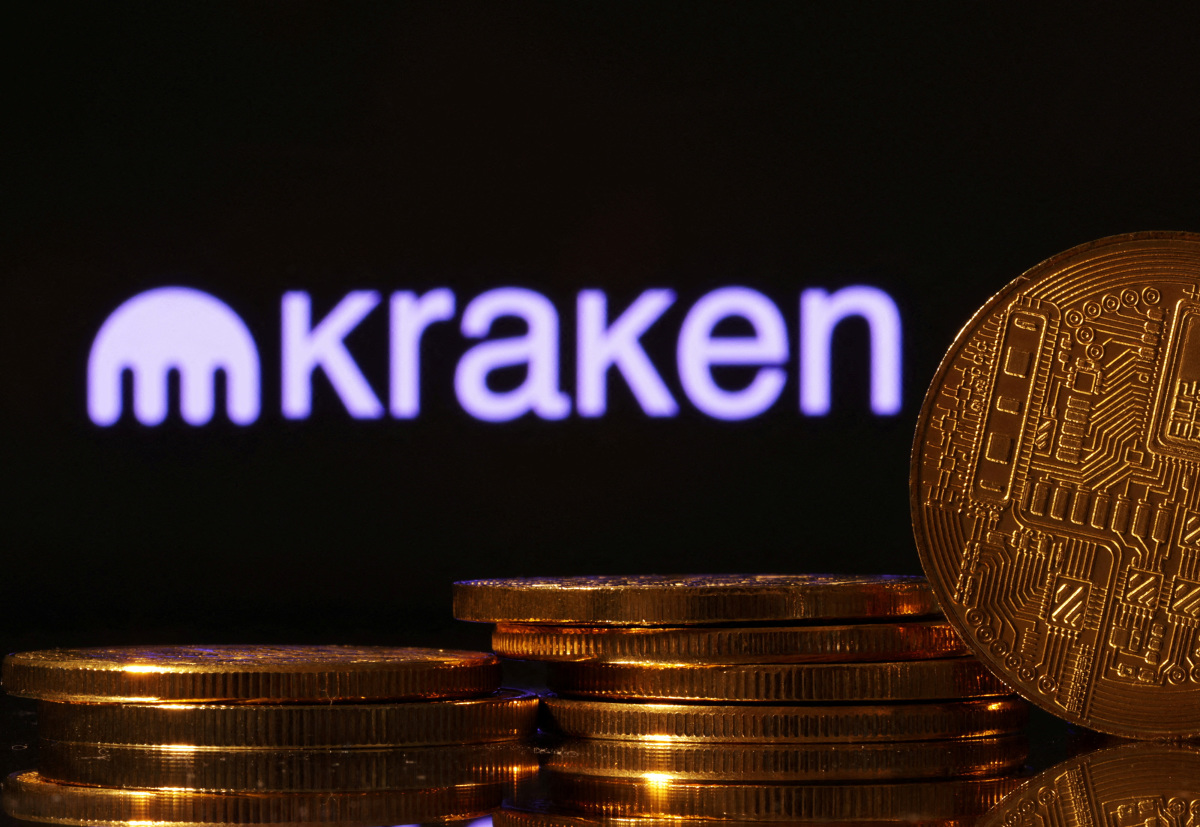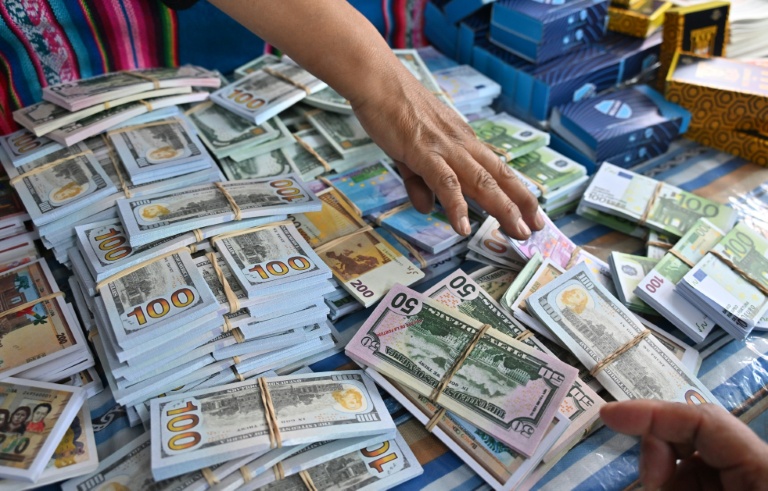The U.S. Securities and Exchange Commission (SEC) continues its clampdown on centralized crypto exchange platforms and has now sued the U.S.-based exchange Kraken for allegedly operating as an unregistered securities business and for commingling funds.
Kraken, which is one of the world’s largest cryptocurrency exchange (CEX) platforms by trading volume, has been accused of illegally operating as a securities exchange by failing to secure a registration with the top Wall Street watchdog.
The lawsuit, filed in a San Francisco federal court, is the latest step by the commission headed by Chairman Gary Gensler to bring cryptocurrency under the regulator’s purview by claiming that digital assets are investment contracts and are subject to federal laws.
“Since at least September 2018, Kraken has made hundreds of millions of dollars unlawfully facilitating the buying and selling of crypto asset securities. The SEC alleges that Kraken intertwines the traditional services of an exchange, broker, dealer, and clearing agency without having registered any of those functions with the Commission as required by law. Kraken’s alleged failure to register these functions has deprived investors of significant protections, including inspection by the SEC, recordkeeping requirements, and safeguards against conflicts of interest, among others,” the commission said in a press release.
Moreover, the SEC alleged that Kraken’s “business practices, deficient internal controls, and poor recordkeeping practices present a range of risks for its customers” and “commingles its customers’ money with its own, including paying operational expenses directly from accounts that hold customer cash. Kraken also allegedly commingles its customers’ crypto assets with its own, creating what its own auditor identified as “a significant risk of loss” to its customers.”
According to SEC’s Division of Enforcement director Gurbir S. Grewal, “Kraken made a business decision to reap hundreds of millions of dollars from investors rather than coming into compliance with the securities laws. That decision resulted in a business model rife with conflicts of interest that placed investors’ funds at risk.”
“Kraken’s choice of unlawful profits over investor protection is one we see far too often in this space, and today we’re both holding Kraken accountable for its misconduct and sending a message to others to come into compliance,” Grewal added.
Kraken denied the allegations and said it would “vigorously” defend its position while informing its customers that the lawsuit has no impact on its offering. The cryptocurrency exchange said that it is committed “to provide services to our clients without interruption.”
Today, the SEC filed a complaint alleging that Kraken operates as an unregistered national securities exchange, broker, and clearing house. We disagree with their claims and plan to vigorously defend our position. https://t.co/a0C4wzBo3f
— Kraken Exchange (@krakenfx) November 21, 2023
Responding to the lawsuit, the cryptocurrency exchange said that “the complaint against Kraken alleges no fraud, no market manipulation, no customer losses due to hacking or compromised security, and no breaches of fiduciary duty. It includes big dollar amounts but does not allege a single one of those dollars is missing or misused – no ponzi scheme, no failure to maintain adequate reserves, and no failure to preserve the identity of client funds 1:1. Indeed, none of these things would be true.”
“Instead, the complaint makes a technical argument: that Kraken’s business requires special securities licenses to operate because the digital assets we support are really ‘investment contracts.’ This is incorrect as a matter of law, false as a matter of fact, and disastrous as a matter of policy,” it added.
The exchange also slammed the SEC for targeting exchanges and urging firms to register despite the fact that there is not “a single law supporting their position and no clear path to registration.”
Kraken said it “will continue to advocate for U.S. market regulations that effectively address the unique risks and amplify the benefits that digital assets present to all individuals.”
It is worth noting that this is not the first time that the SEC has charged Kraken. Earlier this year, it sued the exchange for its failure “to register the offer and sale of their crypto asset staking-as-a-service program, whereby investors transfer crypto assets to Kraken for staking in exchange for advertised annual investment returns of as much as 21 percent.”
Kraken reached a settlement agreement with the SEC on Feb. 9 and agreed to pay $30 million in disgorgement, civil penalties, and prejudgment interest. It also agreed to cease offering the crypto staking program for its U.S. clients.







